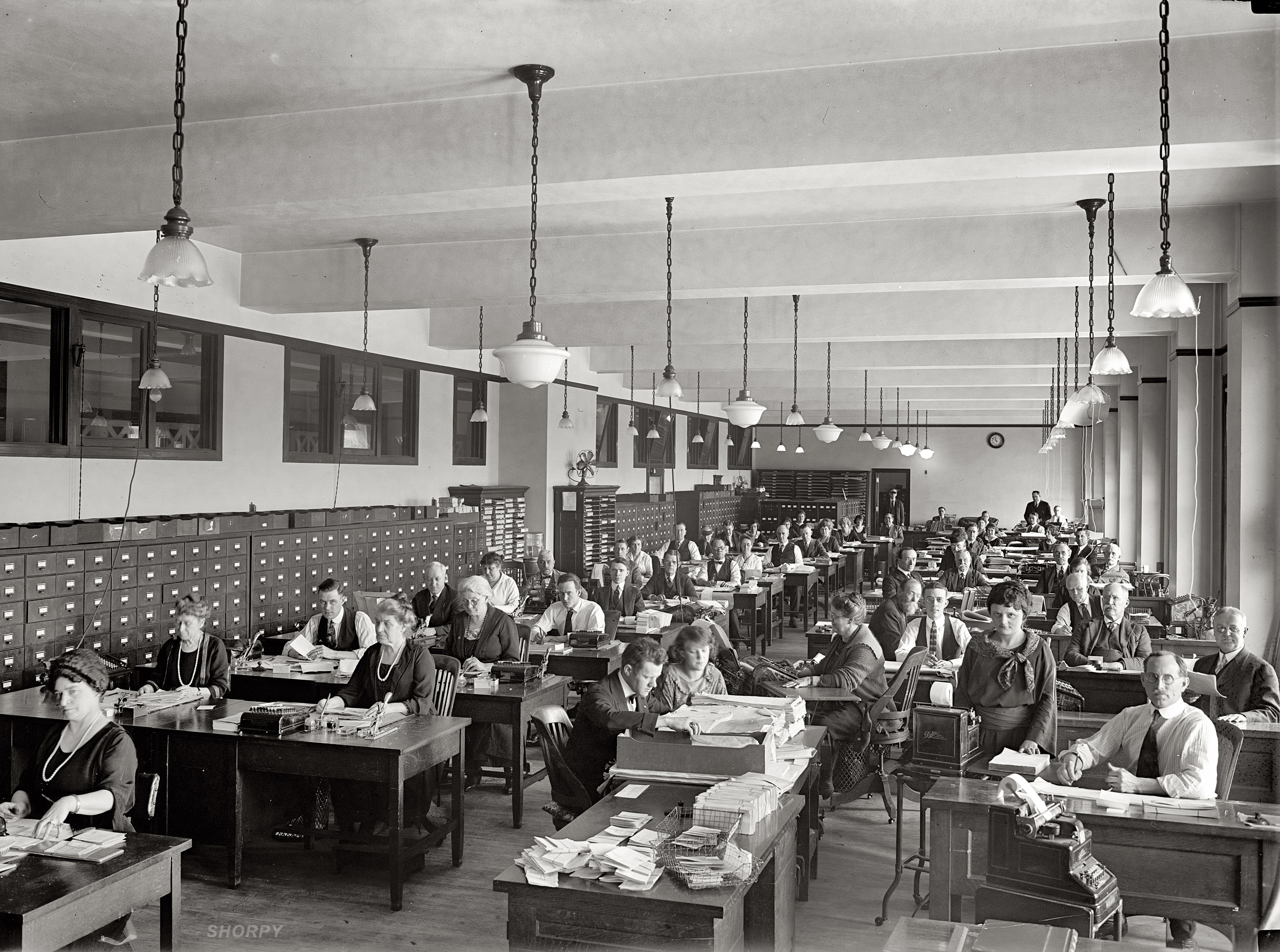Some choice items from the media
By the postings department
The postings department of JfJfP is full of enthusiastic gardeners who work on everything from small N. London gardens through the neighbours’ abandoned bramble and bindweed patches to allotments the size of a market garden.

The JfJfP posting department at their desks (the gardeners are the ones staring into space).
So our first pick is:
Faith Gardens – Gardeners’ Question Time from the New North London Synagogue, broadcast on Friday 11th and Sunday 13th December.
Then on BBC4 TV
The Six-Day War: Censored Voices
Documentary about a long-withheld piece of oral history – a series of tape-recorded interviews conducted with returning Israeli soldiers after Israel’s land gains in the Six-Day War of 1967. Led by the author Amos Oz, a group of kibbutzniks joined together in intimate, taped conversations directly after returning from battlefield.
At the time only a few of these recordings were permitted to gain a public hearing by the Israeli government, but this film reveals them to the public for the first time. The uncensored testimonies suggest that the soldiers were not euphoric about the outcome, but instead were profoundly depressed about what the victory cost.
In this brilliantly-conceived documentary, director Mor Loushy takes the old testimonies recorded by the Israeli soldiers in the immediate aftermath of the war, and plays the recordings back to the now-aged veterans and observes their responses.
This will be reviewed by a JfJfP signatory shortly.
Freedland, like Lanzmann and like the BBC itself is not critical of Israel which has led to many complaints, of which this one has been upheld:
BBC forced to accept that Once Again, John Humphrys & Today are Biased on Palestine as Tony Greenstein reports.
Bearing in mind the the general pro-Israel bias, also on BBC Radio 4,
The extraordinary story of the day an epic Holocaust documentary was premiered in Israel.
Thirty years ago Claude Lanzmann released his epic, nine and a half hour documentary of the Holocaust, Shoah. Watching it the day it was screened in Israel for the first time, were the country’s prime minister, president, chief rabbi and head of the military. It was all but a state occasion.
But also in the audience were survivors of the Holocaust, some watching their story told in public for the first time. The occasion would become remarkably intense, with one survivor collapsing following a heart attack, another fainting from the emotional strain.
Writer and broadcaster Jonathan Freedland saw the film as a teenager. Now he speaks to those present at that unique premiere – from the prime minister of the time, Shimon Peres, to Claude Lanzmann himself. He discovers that much more than a film was on display that day in Jerusalem. The occasion would also prove to be a moment when Israel would confront the most traumatic event in Jewish history, the event that had preceded Israel’s own creation and which had haunted the country from its birth.
Now he tells, for the first time, the story of those extraordinary hours in the dark in a Jerusalem cinema – and charts Israel’s complex and troubled relationship with the Holocaust.
An Open Audio production for BBC Radio 4.
Lanzmann’s passion for his film, commissioned by Israel’s foreign affairs ministry, was equalled by his passion for Israel, especially its airforce, and an equivalent passion against Palestine: “Lanzmann had chosen sides after Ben Bella gave a speech promising to send troops to liberate Palestine. He felt betrayed…” Quotation from this article about Lanzmann by Adam Shatz in the London Review of Books:
And here’s anaother media corner known for its unflagging support for Israel and utter disregard for all thiungs Palestinian: it’s the response by the editor of the Jewish Chronicle to one of our signatories who wrote a short and snappy reply to an unknown Israeli girl which the girl’s mother then posted on her Facebook page:
Editor’s newsletter (Stephen Pollard)
The BDS movement may primarily consist of a lot of hot air from a bunch of antisemites but the reality of a boycott was exposed this week by the reply given by [a retired academic] to a 13-year-old Israeli girl, who asked the horse scholar a question for a school project. Shachar Rabinovitch received a diatribe with the usual lies and smears that we have come to expect from the BDS mob – but which came as an unpleasant to shock to a young schoolgirl. It’s an instructive episode because it shows the true nature of the boycotters.

